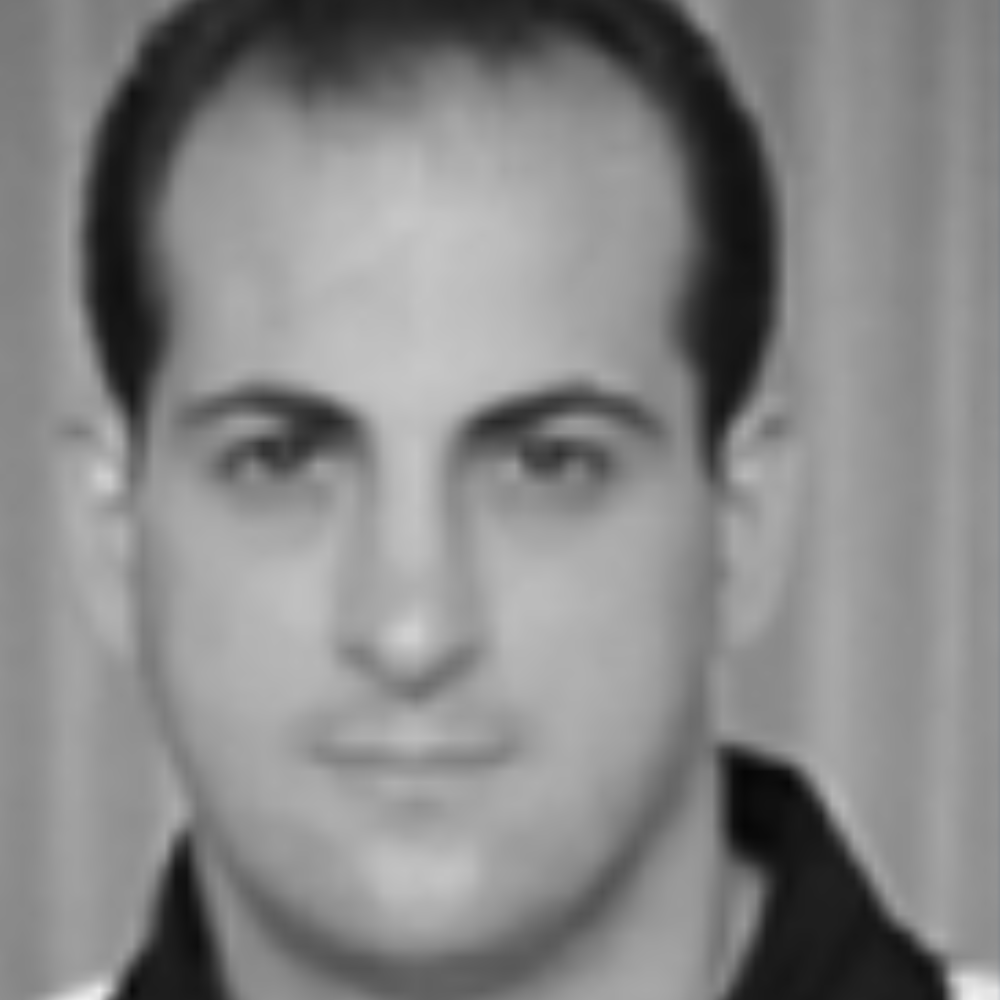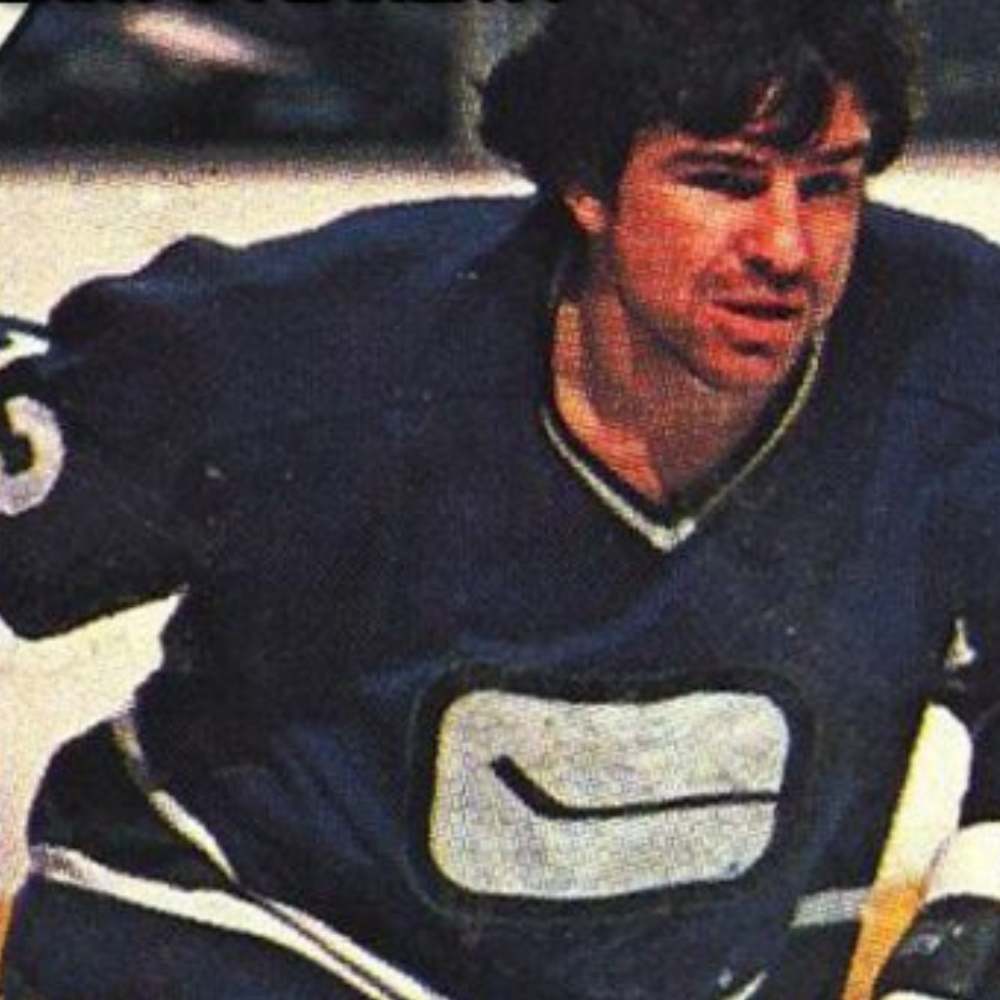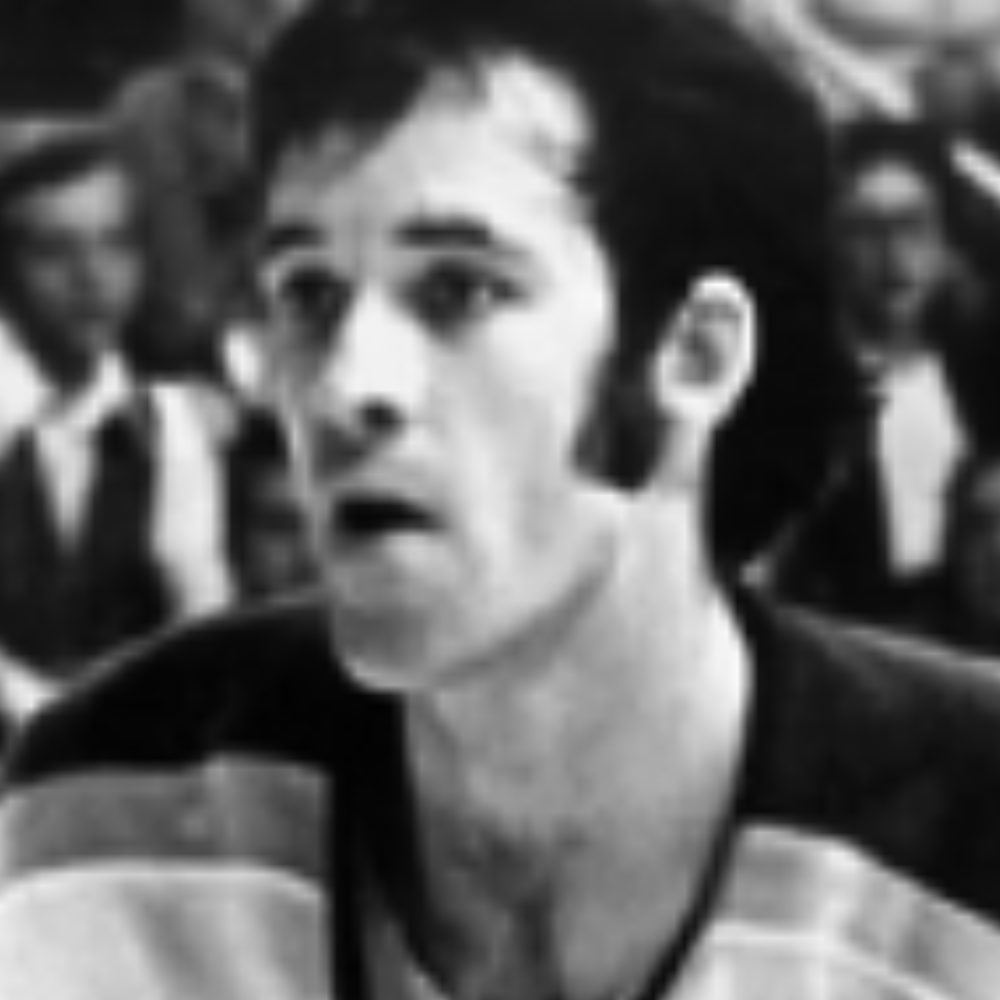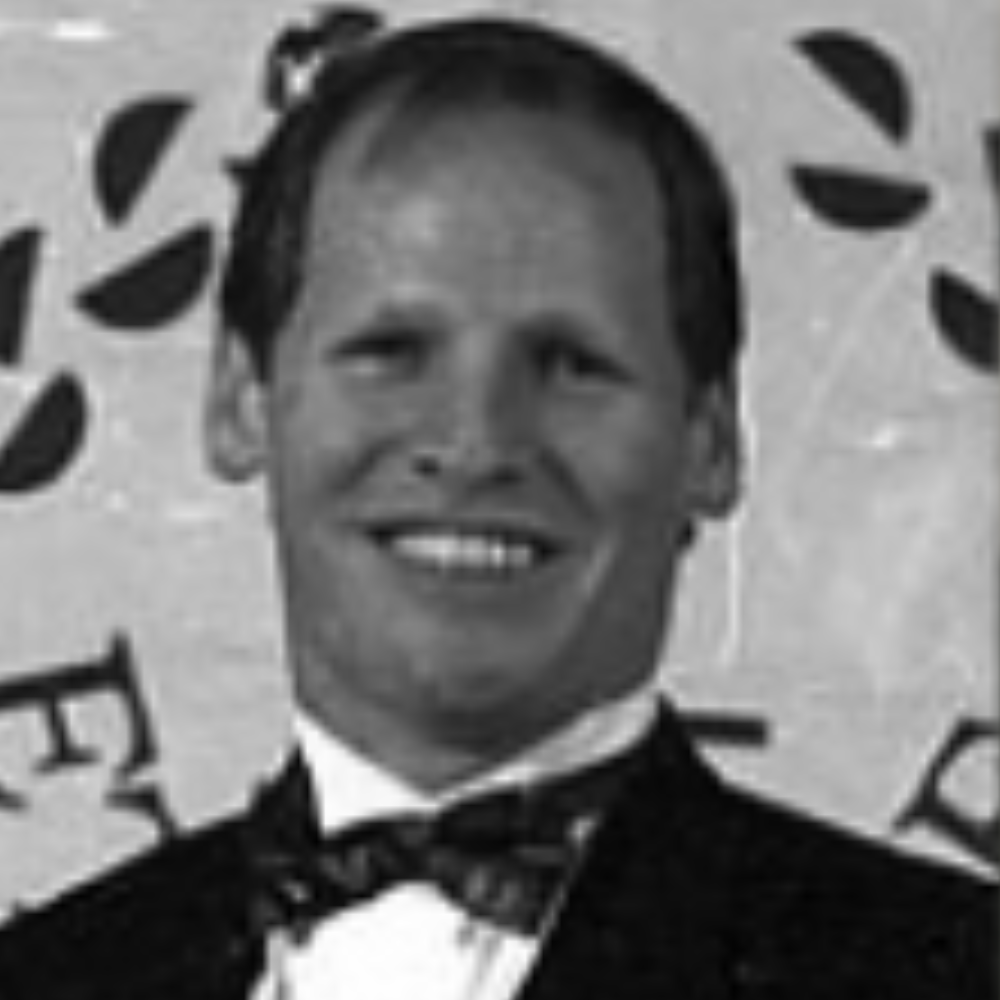John David D’Amico
John David D’Amico made his mark as an NHL linesman renowned for passionate dedication, strong skating and immense physical strength – qualities which gained him the enduring admiration of everyone in his profession.
Born in Toronto in 1937, John was a typical Canadian boy, spending his free time playing lots of baseball and hockey. But after moving up to Junior B hockey, he knew he could go no further. It was time to get real, and John got a job in construction. He couldn’t stay away from the game he loved though, and began officiating church hockey. One thing led to another, and as he worked the line for an NHL exhibition game in Kitchener, he was offered a pro contract.
In 1964, at the age of 27, John began his NHL career as a referee. But after just 22 games he became a linesman because he was more comfortable helping players than judging them. When he retired he was the last of the Original Six officials.
That same year John moved his young family into Etobicoke, where he remained for 23 years. When hockey season concluded every year, John would go back to working in Etobicoke, first for Pepsi Cola and then for Apex Forwarding. John continued to work hard in the off-season, using his name and position to do countless hours of charity work.
D’Amico’s career as an NHL linesman included 1,689 regular season games, 247playoff games, 52 Stanley Cup final games and six international hockey series.
During 1986-87, D’Amico weaned himself off the job he loved so much to become a supervisor of NHL officials. But he couldn’t quite give up his skates. One night in March 1988, he was watching the Leafs on TV when one of the linesmen had to leave the game. In a flash, John grabbed his skates and headed over to Maple Leaf Gardens to replace him!
John D’Amico was inducted into the Hockey Hall of Fame in 1993. He was diagnosed with leukemia in 2004 and succumbed to his illness in May, 2005.
He leaves his wife Dorothy, sons Angelo (who was also an NHL official), Jeff, Anthony and daughter Tina, as well as grandchildren Ashley, Reece, Emma, Elise and John David. John’s spirit is kept alive through Hustle For A Cure – The John D’Amico Fund, which was created to bring much needed awareness toward the fight against pediatric blood cancers.










